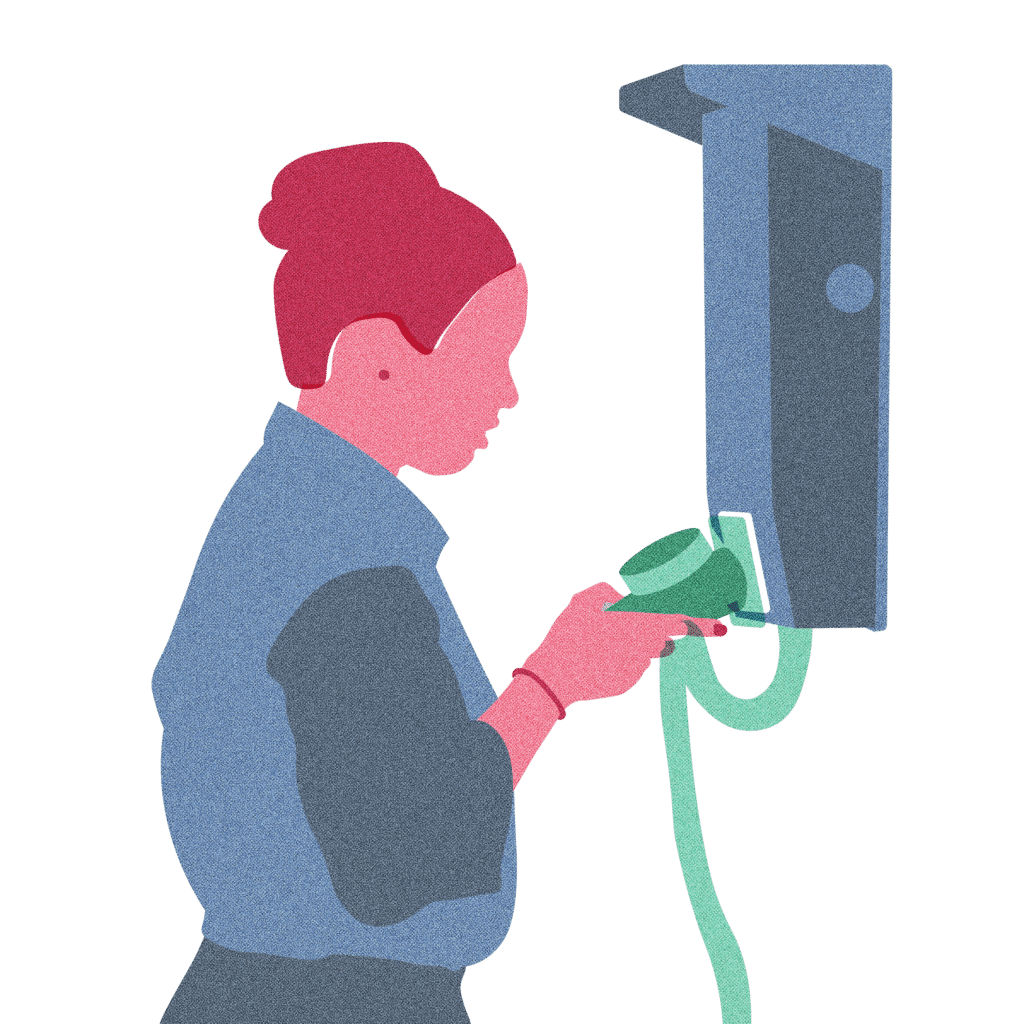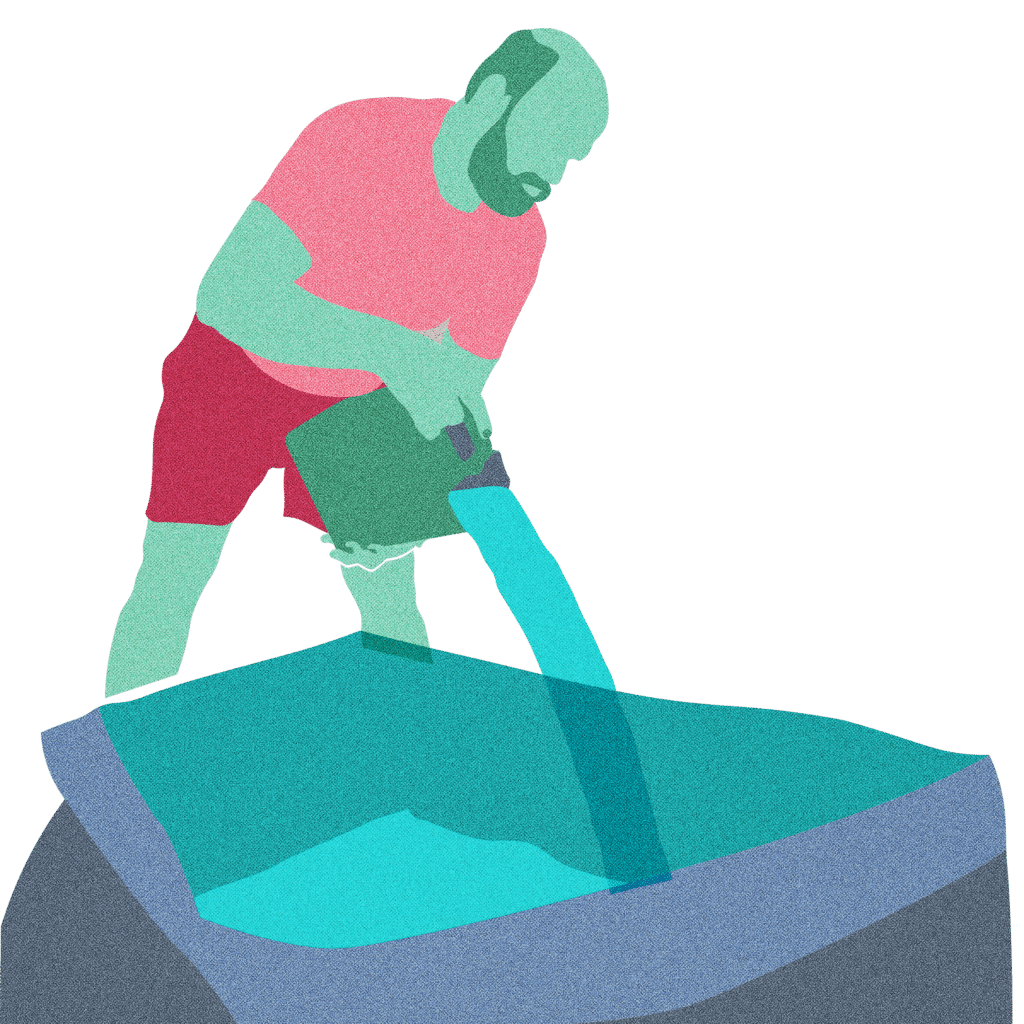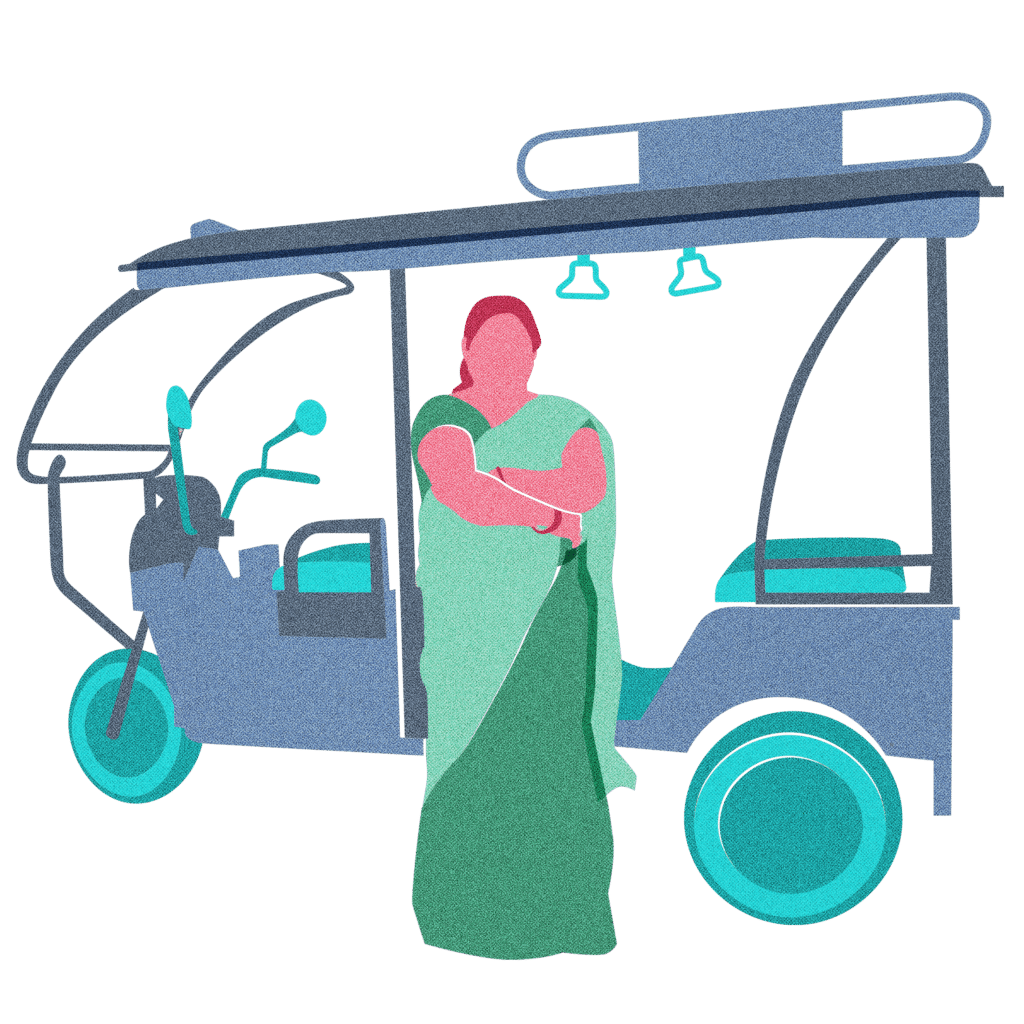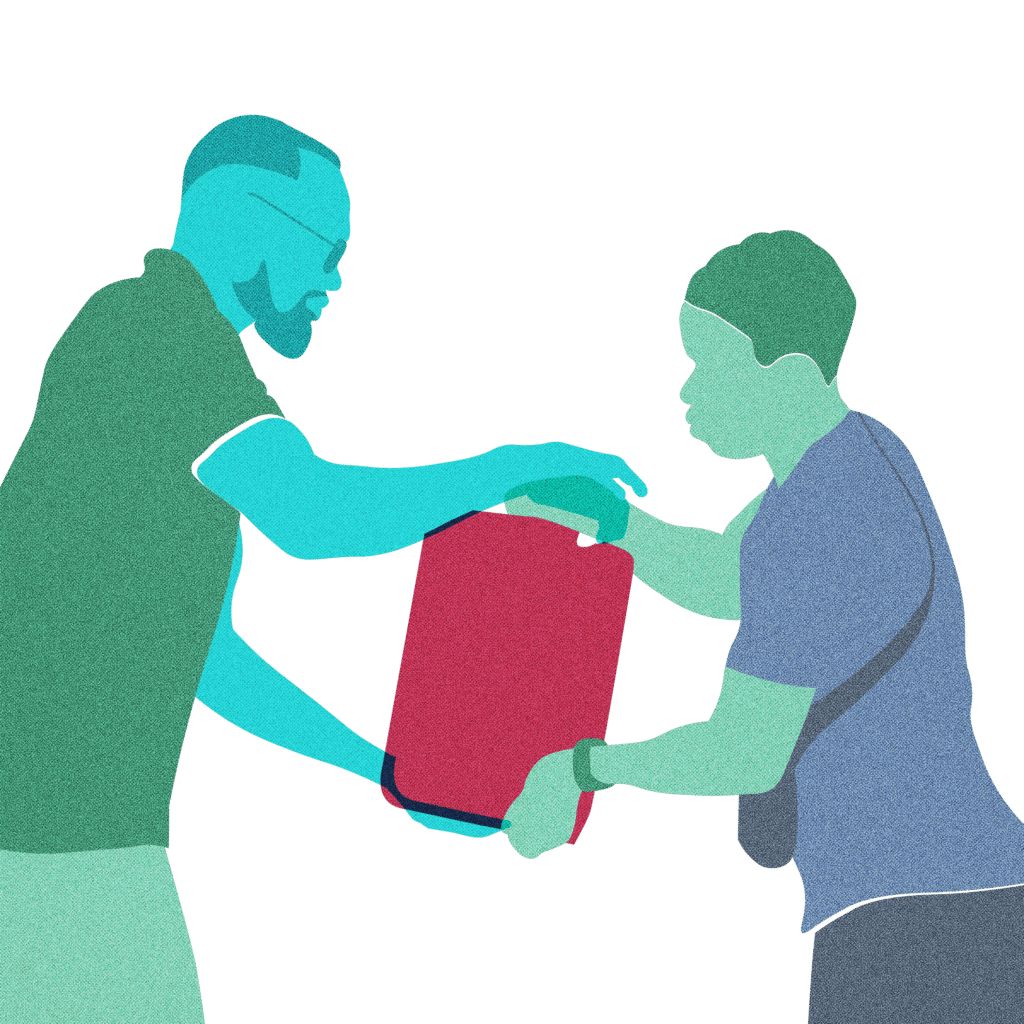Building a Successful Climate-Tech Startup — The SunCulture Story
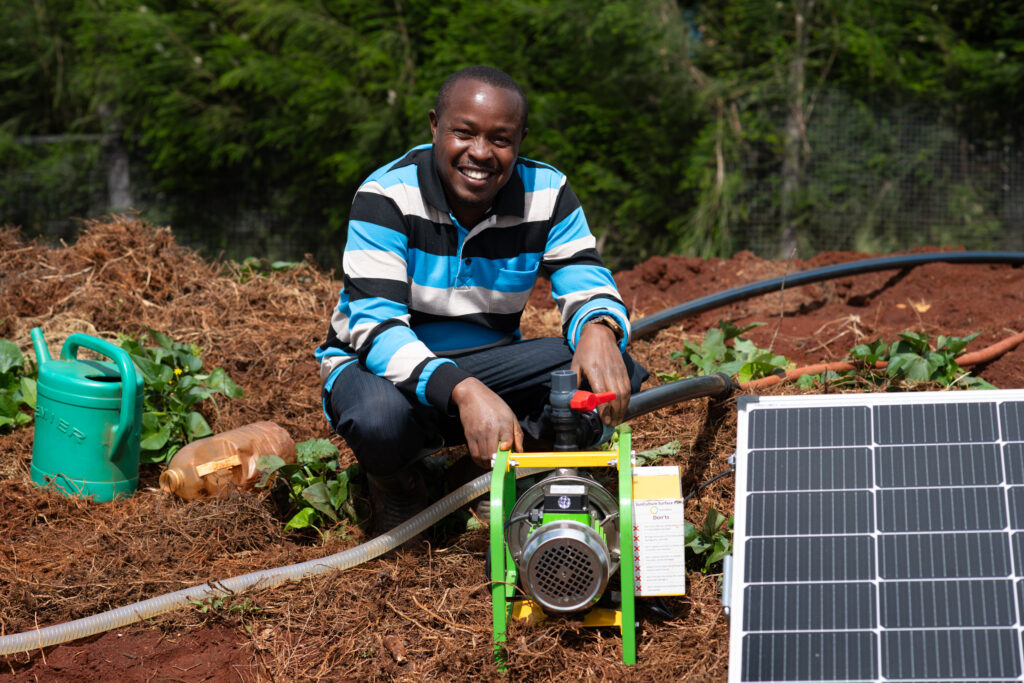
SunCulture, founded in 2012, set out to tackle one of the defining challenges of our time: how can we grow more food without further contributing to climate change? In sub-Saharan Africa, where smallholder farmers produce 80% of the region’s food supply, SunCulture saw a critical opportunity — harness solar energy to unlock affordable, climate-smart irrigation for millions.
However, building a climate-tech solution wasn’t just about technology — it required creating an entire ecosystem. From product design to financing, distribution, training, and aftersales support, every piece had to fit together to serve farmers who had been left behind by traditional markets.

Shell Foundation and the UK’s Foreign Commonwealth and Development Office (FCDO) played a catalytic role in this journey. Through timely, risk-tolerant capital and targeted grants, Shell Foundation enabled SunCulture to test breakthrough ideas, build internal capacity, unlock commercial funding, and deliver impact at scale.
This case study traces that journey in four pivotal phases — showing how the right capital at the right time can convert bold ideas into tangible impact for people and the planet.
Phase 1: Laying the Foundations — Proving What’s Possible (2012–2017)
SunCulture’s first product — the AgroSolar irrigation pump — showed the potential of solar-powered irrigation, but at $5,000 per unit, it was far beyond what most smallholder farmers could afford. Worse still, farmers had no access to loans to buy the pumps, and the supporting ecosystem — distribution, installation, maintenance, training — simply didn’t exist.
To overcome this, SunCulture needed to make the pump cheaper, create affordable financing options, and build the missing ecosystem from scratch. In 2015, a £100,000 grant from GSMA enabled SunCulture to design a more affordable pump — the RainMaker 1 — bringing the technology closer to farmers’ price points. This proof of concept attracted early equity from E3, Partners Group, Equator, and Angel Investors in 2017 to scale production.
Yet price alone wasn’t enough. Smallholder farmers needed a way to pay overtime — but offering irrigation on credit was untested and too risky for commercial lenders. To bridge this gap, SunCulture received a $300,000 grant from the Shell Foundation and the UK’s Transforming Energy Access (TEA) platform in 2016 to pilot a pioneering PAYGrow (pay-as-you-grow) financing model for solar irrigation — the first of its kind in the sector.
This pilot demonstrated that farmers would repay reliably for solar irrigation when the product worked and support systems were in place. It validated the business model and gave SunCulture the confidence — and the data — to raise capital in the form of a convertible note from EDF in 2018, planting the seeds for a scalable PAYGrow business line.
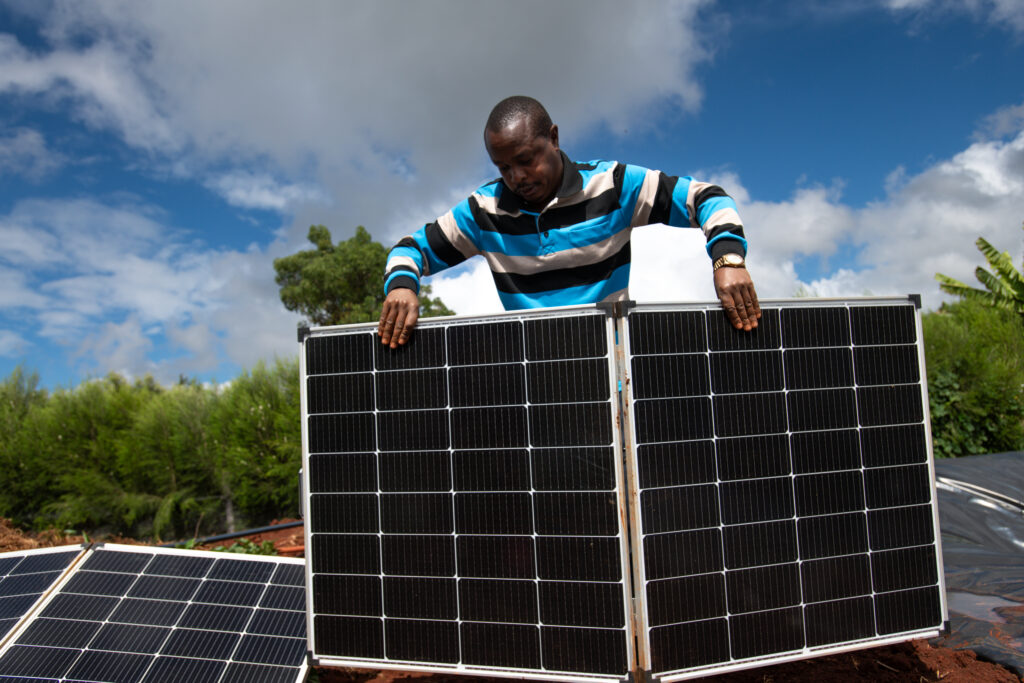
Phase 2: Building Systems for Scale (2018–2020)
With PAYGrow proven, SunCulture’s next hurdle was operational scale. To serve thousands of farmers, it needed to strengthen its product design, further cut costs, invest in IT systems, and expand its presence regionally.
In 2018, a further $800,000 grant from Shell Foundation and the UK’s Transforming Energy Access (TEA) programme enabled SunCulture to launch the RainMaker 2 — a smaller, more affordable pump. The grant also funded critical IT systems and operational capacity to handle growing PAYGrow customer volumes.
This support unlocked new debt and equity investments from Lions Head and AlphaMundi to expand inventory, and laid the foundation for SunCulture’s successful Series A raise in 2020, backed by E3 Capital, EDF, Dream Project Incubators, and Acumen Capital Partners
SunCulture also began selling pumps in Tanzania, Uganda, and Ethiopia, and formalized its distributor program — extending its impact across East Africa.
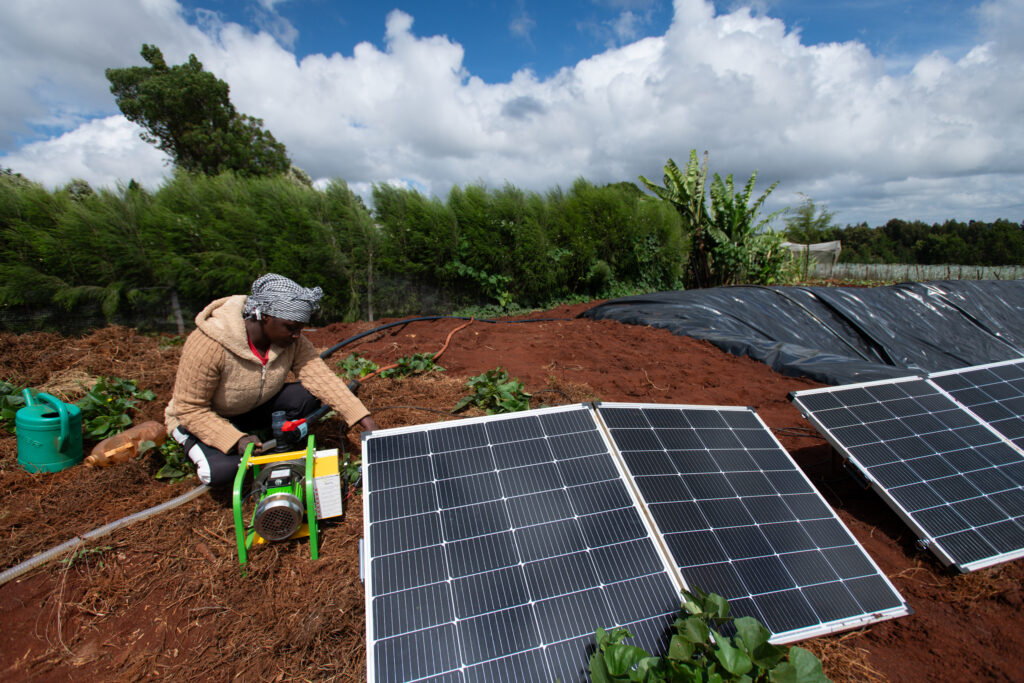
Phase 3: Tackling Affordability — Unlocking Mass Adoption (2020–2023)
By 2020, SunCulture had a viable product, proven business model, and growing market. The challenge was now scale on commercial terms — and that meant driving prices even lower for farmers.
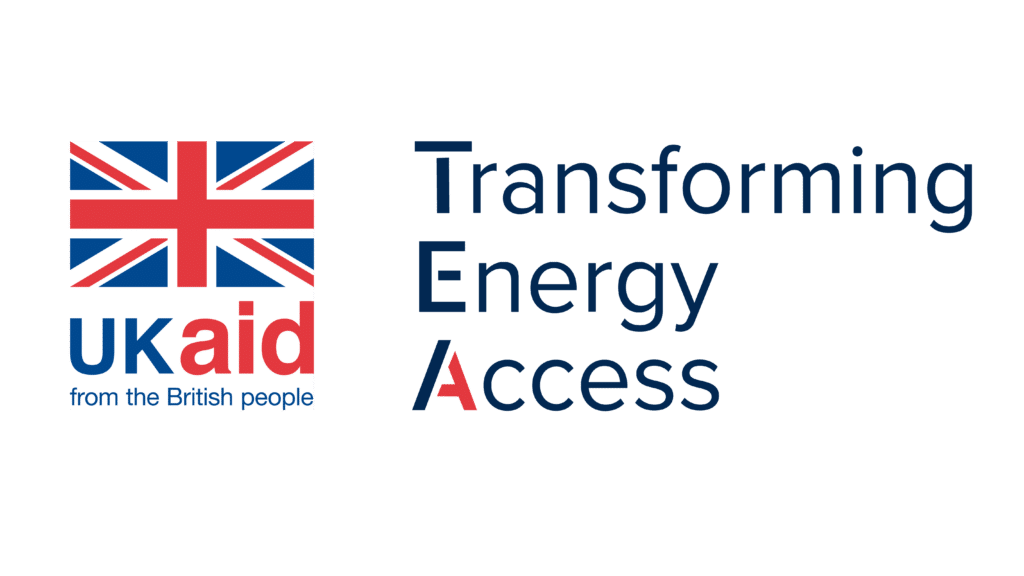
Despite cost reductions, the pumps remained out of reach for many smallholders. To break this affordability barrier, SunCulture needed a new lever — carbon finance. In 2021, Shell Foundation and the UK’s TEA programme provided a $500,000 grant to help SunCulture test whether carbon credits could effectively subsidize solar pump costs for farmers.
This innovative pilot showed that carbon revenue could meaningfully reduce the upfront cost for farmers while generating verified emissions reductions — a double climate dividend. Building on this proof point, SunCulture secured a $2 million debt facility from British International Investment (BII) and advanced its Series B fundraising, ensuring long-term affordability for its customers. Based on initial success, BII has since expanded the carbon facility an additional $4 million.
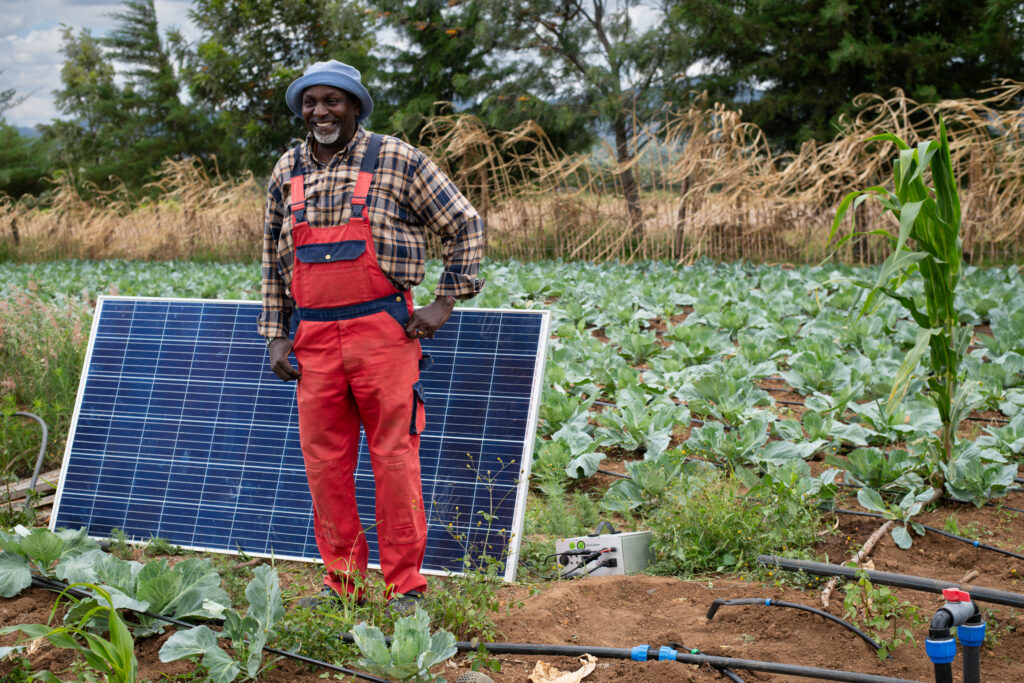
Phase 4: Delivering Scale — Proving Commercial Viability (2024–Present)
Today, the success of the carbon financing pilot has enabled SunCulture to cut prices further, driving record sales — with 50% of all its lifetime sales occurring in just the last two years. This surge has unlocked economies of scale, lowering unit costs and further improving affordability.
Having laid the groundwork over a decade, SunCulture is now on track to reach its ambitious target of deploying 300,000 solar irrigation systems by 2030, transforming rural livelihoods while cutting emissions and strengthening food security in some of the world’s most climate-vulnerable regions.
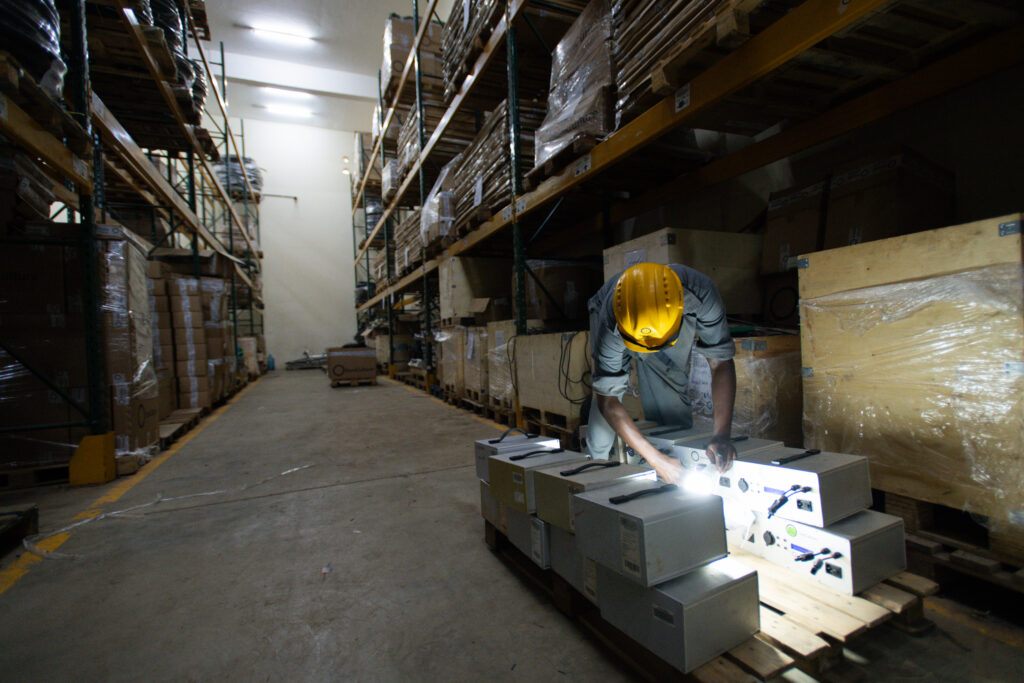
Key Takeaway
SunCulture’s journey shows what’s possible when catalytic capital unlocks climate-smart innovation for those who need it most. Shell Foundation and FCDO’s willingness to provide patient, risk-tolerant funding at each critical inflection point — from piloting new technology and financing models to building delivery infrastructure and testing innovative affordability mechanisms — turned promising ideas into scalable impact.
By putting the right capital in the right place at the right time, SunCulture, FCDO and Shell Foundation have proven that climate-tech for smallholder farmers can be commercially viable, socially transformative, and climate-positive — a blueprint for driving the inclusive green transition.






